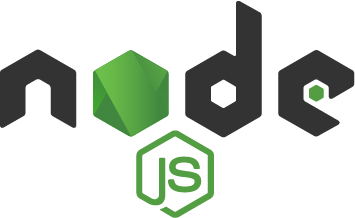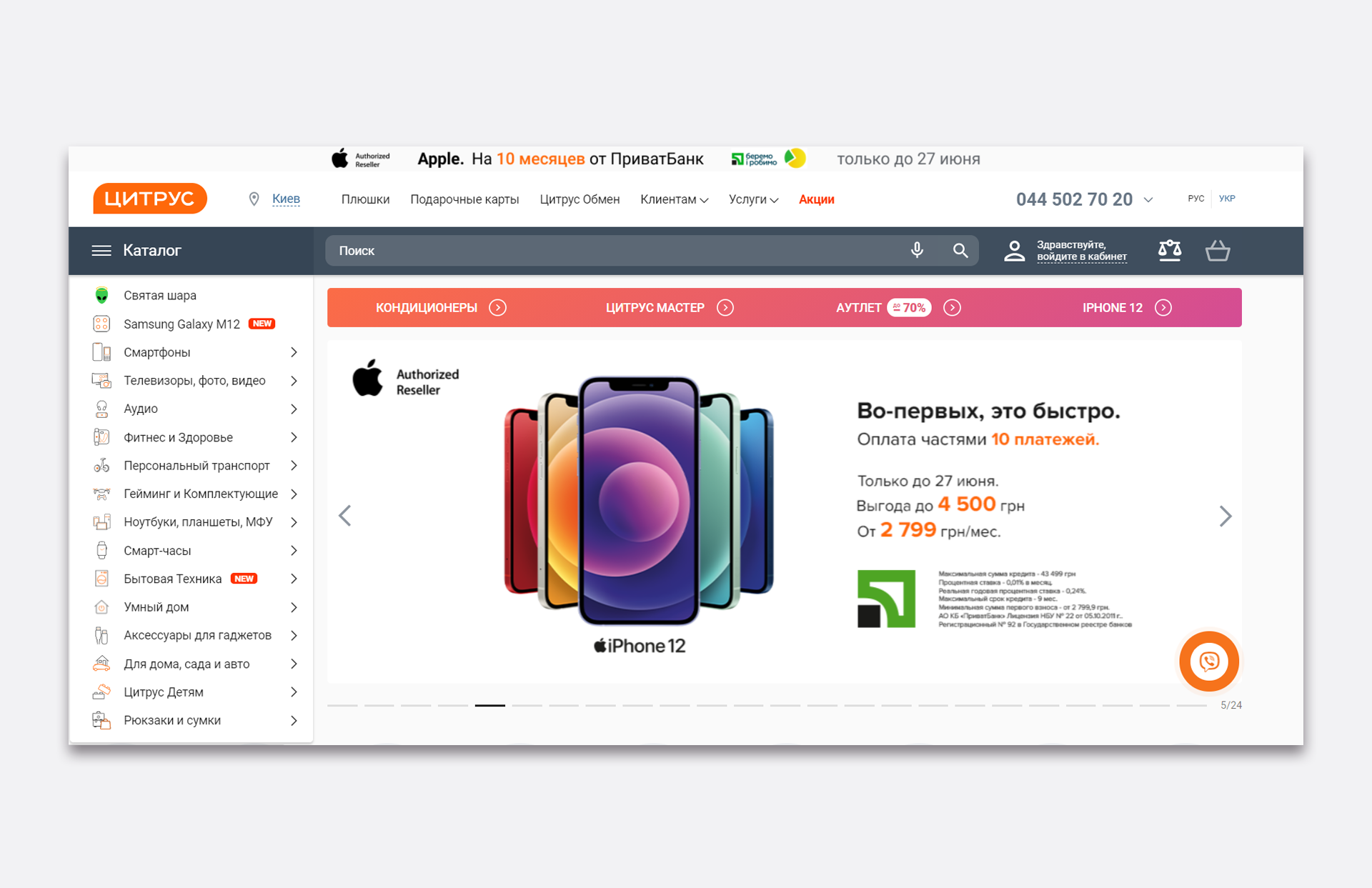Node.JS is used to create RTA web applications. Such programs respond to user actions in real time. Any changes made will be visible to everyone who has access as soon as they are added. Example: Google web applications where you can simultaneously edit text files, tables, presentations, etc.

NODE.JS
Node.js is a software platform for fast and scalable web applications. With Node.js, the server and client side (interface) of your project will be written in the same JavaScript language. This is the best solution if your website or application will constantly process large amounts of data online. News feeds, chats, collaboration apps, push notifications, and more are faster and more stable with Node.js due to the peculiarities of the application architecture.
What is Node.js and when to use itNode.js is a JavaScript runtime or C++ application that allows you to run JavaScript code instead of a browser and work with it. Node.js is based on Google's V8 engine. It converts javascript code into binary, makes it from a highly specialized (one that works only in a browser) to a general-purpose language - one that can be used to write programs for PC and mobile OS. Node.js allows javascript to connect to various input/output devices (cameras, microphone, etc.), as well as to libraries in different programming languages, expanding the capabilities of the program.
Most often, Node.js is used as a web server. It is in this role that the advantages of an event-oriented model that does not block the I/O of the architecture are revealed. The ability to allocate server resources, depending on action and inaction, together with the built-in Libuv library, which turns a single javascript thread (time and resources for solving tasks) into an endless loop, make Node a unique solution.
A web application built with Node.js will be lightweight, productive, and not demanding on resources. Its server side will be able to serve a huge number of requests with stable efficiency.
Interactive websites and applications with Node.JS include news feeds, chats, user ratings, voting, and much more. You can even write a simple game with it, and Node is also convenient for creating APIs - tools for integrating different software that extend the functions of one of them.
The asynchronous programming at the heart of Node.js means that your application will be able to allocate resources wisely. Even if thousands of users connect to the server at the same time, it will be able to prioritize and not keep anyone waiting. This is used by such market leaders as Paypal, LinkedIn, Medium, etc., including all the well-known search engines.
Node is used to develop cross-platform applications with synchronization. All user actions are synchronized from wherever they are accessed - from a program on a PC, an application on a smartphone/tablet, or a browser on any of these devices.
The back and front end of your web application will be written in the same language, which significantly increases the speed of development, as well as the cleanliness and readability of the code. Both javascript and node js are not new technologies and it is much easier to find experienced programmers and proven solutions even for complex tasks than in many other cases.
NodeJS will make your web application really fast, lightweight, and productive. The use of javascript in the server and client parts will speed up development, as well as guarantee scalability and easy project support. Collaboration applications, chats and voting, information portals, and much more based on this software platform work stably and efficiently. If you want to create a complex, highly loaded application that works with large amounts of data in real time and expand its capabilities without losing performance, Node.js is for you.


